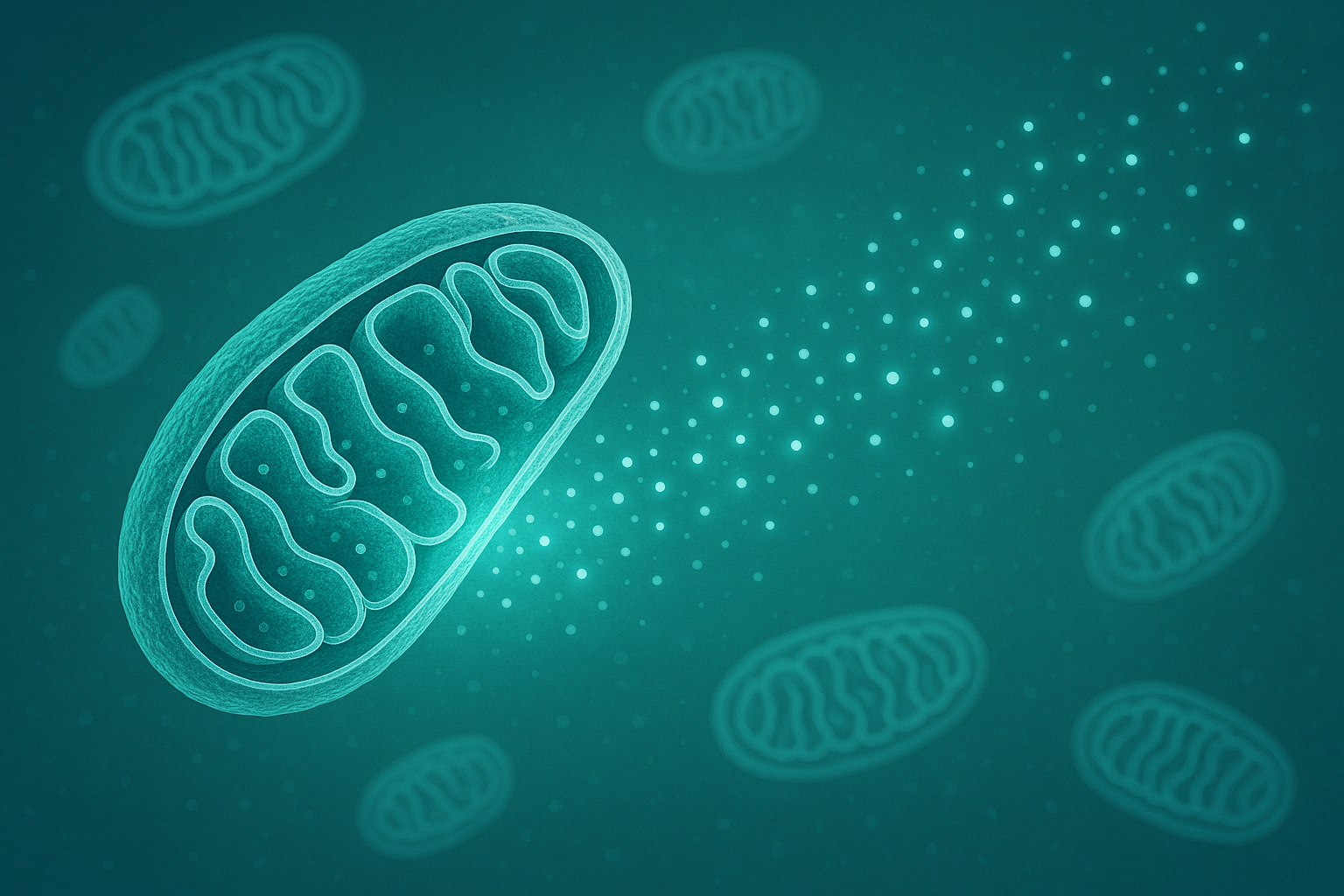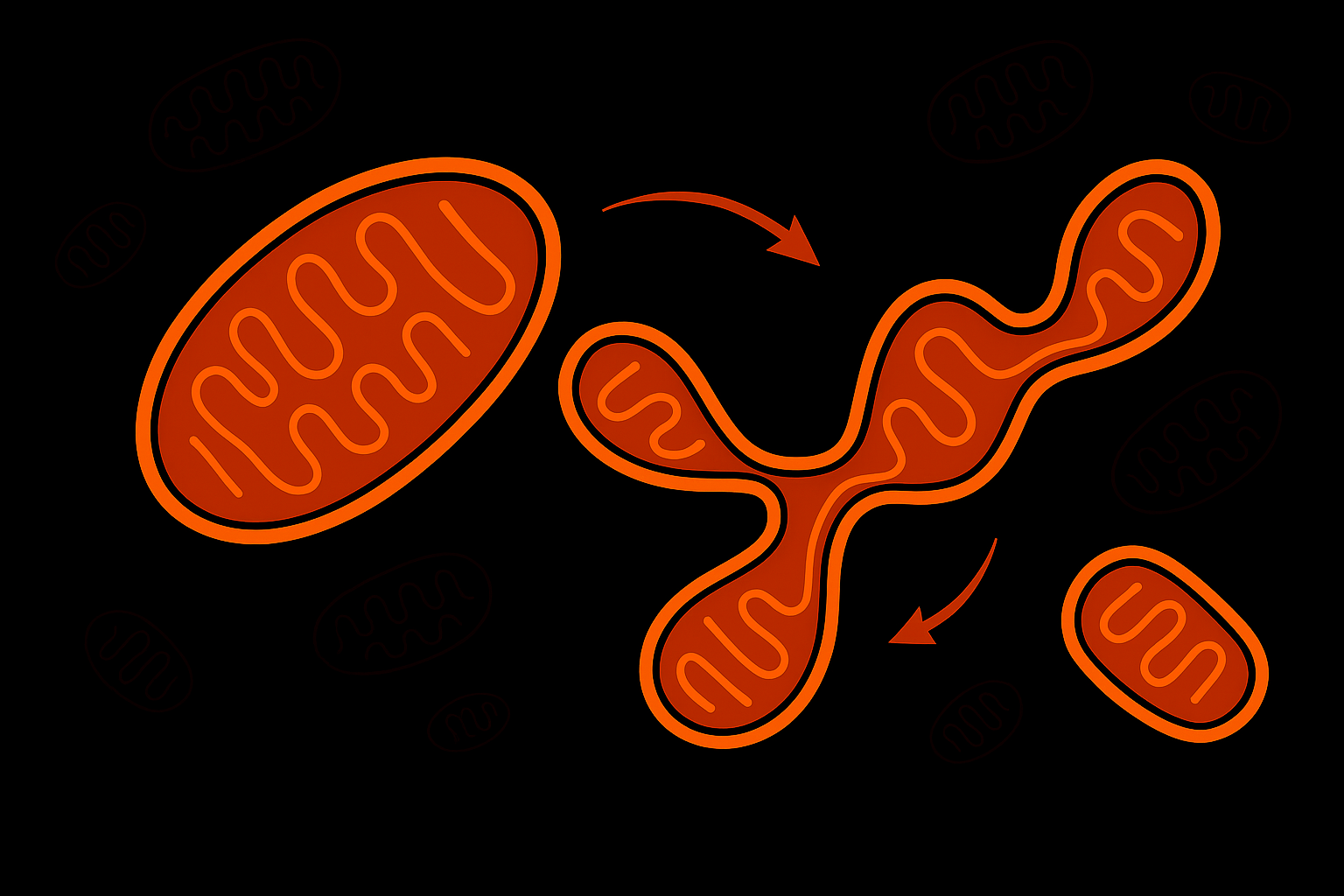Overview
How do cells adjust or rewire their metabolism to meet functional demand or survive environmental stress? At Sun Lab, we uncover the molecular foundations and logic behind cellular metabolic adaptation—focusing on the proteins and metabolites that orchestrate these dynamic responses.
1. Mitochondrial Transporters
We investigate the structure-function relationships of mitochondrial transporters, aiming to understand how they regulate chemical flux and gradients, thereby bridging cross-organelle metabolic pathways and regulations. Our research in this direction integrates membrane protein biochemistry, cell biology, and structural biology approaches. We also employ mouse models to investigate the physiological functions of mitochondrial transporters.
2. Metabolite Sensing
Our lab studies how cells and mitochondria sense and respond to changes in metabolite levels, particularly in the context of metabolic adaptions in thermogenic adipocytes and cancer cells. We are uncovering novel protein sensors of metabolites in physiology and diseases. This research employs biophysical approaches including NMR to probe protein-metabolite interactions, as well as cell biology approaches to interrogate the biological information encoded in signaling metabolites.
3. Mitochondrial Dynamics
Our lab investigates how mitochondrial dynamics—fusion, fission, and mitophagy—are regulated by metabolic demand or stress. We focus on uncovering novel roles of mitochondrial transporters and metabolite sensing in these regulations.


